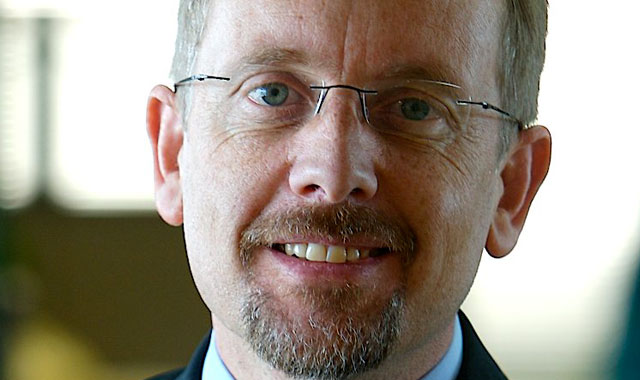
South Africa is falling beyond many other markets in Africa, including Kenya, Rwanda and Nigeria, in information and communications technology (ICT), a leading research and consulting firm said on Tuesday.
The International Data Corp (IDC) has warned that South Africa needs to develop and implement a national ICT policy and move ahead with crucial projects like digital migration if it’s to arrest its slide relative to its peers elsewhere on the continent. These countries have moved far faster to take advantage of technology to grow their economies.
“Governments with relevant, effective national ICT policies will begin to dominate the economic landscape,” said IDC regional director for Africa Mark Walker.
“Governments have to have written policies on this. Kenya has a strong ICT policy, as does Tanzania. Rwanda … through strong leadership and application of technology [has become] a success story like nowhere else in the world, with the possible exception of parts of Asia.”
South Africa, by contrast, has “almost given up its position”, Walker said.
“Five or six years ago, South Africa was seen as the gateway to Africa. Since the [undersea fibre-optic] cable landed in Kenya, they’ve run with it, and the more they’ve run with it, the more we’ve sat back,” he said. “As more African countries connect to the backbones, the more they will be competitive [with South Africa].”
The high turnover of ministers in the department of communications — now the department of telecommunications & postal services — has had a big negative impact on South Africa’s ability to stay competitive. “This is not a track record anyone can be proud of,” Walker said.
IDC senior research manager for telecoms and media in Africa George Kalebaila echoed this sentiment, saying Nigeria has shown that stability in ICT in government goes a long way to growing the sector. Nigeria’s minister of communications technology, Omobola Johnson, is not a politician. She was previously country MD for Accenture and has been in the role for five years.
So, what must South Africa do to recapture its leadership position in ICT in Africa? It must ditch the politics, Walker said.
“There have been a lot of green papers and white papers and colloquia and summits over the last three to five years. There has been a lot of talk and planning and strategising, but I don’t see much by way of results,” Walker said.
“If I compare that to Kenya, there’s a far smaller group that is involved [in discussions about policy] there, but it’s very commercially and private sector driven. The government acts as a facilitator, a coordinator and guide and sets policy to get people facing in the same direction, but they allow latitude for innovation.
“In South Africa, there is too much concentration on the politics of the technology market. The concern is more about how the pie is divided up rather than how we can work together to grow the size of the pie,” he said.
“There isn’t enough strength in leadership in government [in South Africa]. Leadership implies respect and trust and these are issues that are possibly missing at the moment.
“I look at places like Kenya and Rwanda. South Africa, which is supposedly so much further ahead, why don’t we get it right? It doesn’t have to be this way. There is too much positioning and messing around and politicking. There has to be strong leadership.” — (c) 2014 NewsCentral Media




